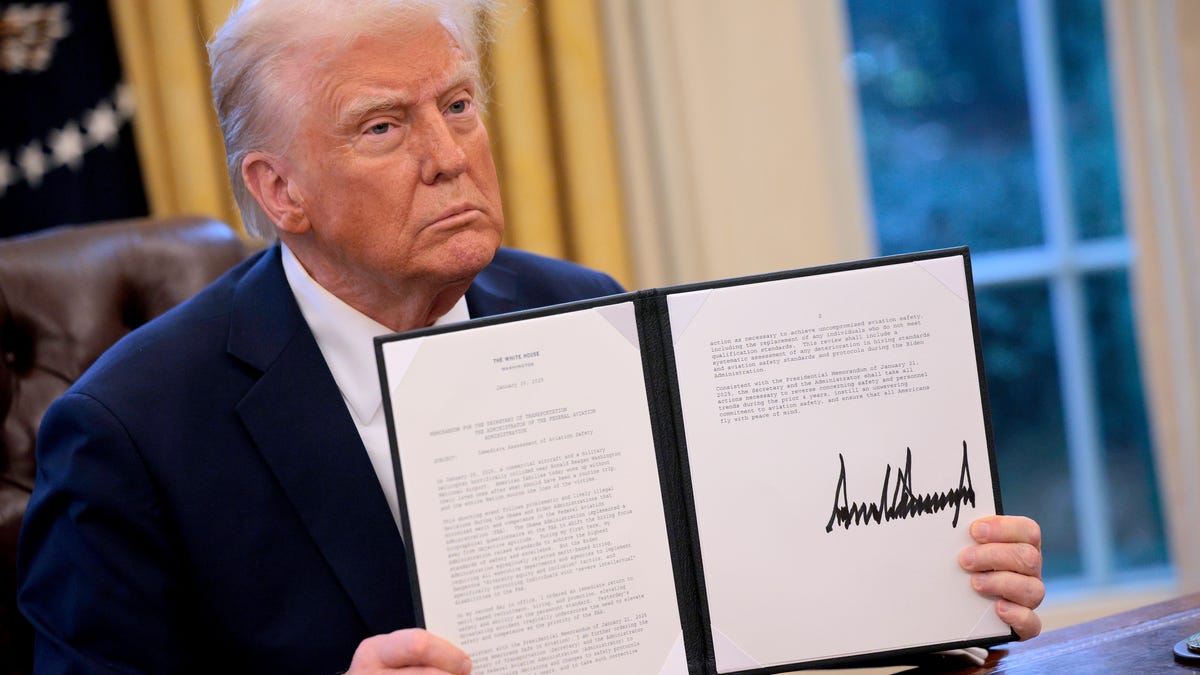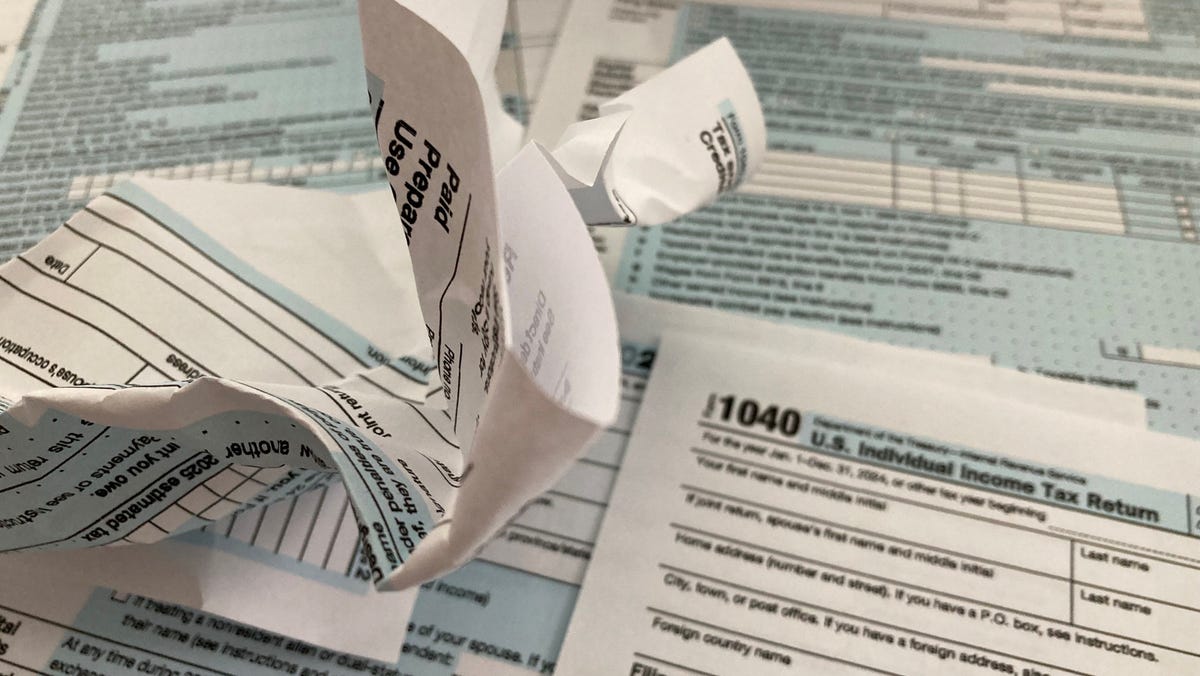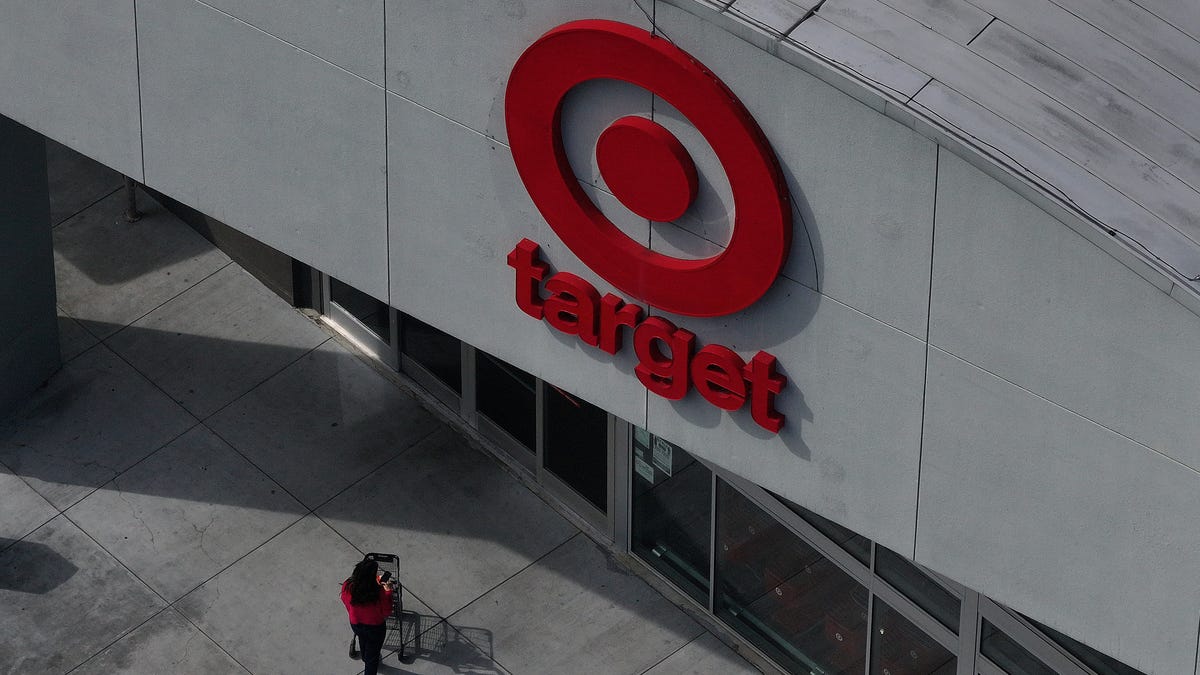The companies standing up to Trump on DEI
Companies like Costco and Levi’s are rejecting the White House’s position on diversity, equity and inclusion.
For months now, President Donald Trump’s threat to strip federal contracts from corporations that stand by their diversity, equity and inclusion initiatives has driven a sharp U-turn in corporate America, with the private sector rushing to distance itself from policies that it once trumpeted.
But a new study tracking DEI changes inside the nation’s biggest corporations shows the pace has slowed as the Trump administration has pivoted to other policy priorities such as immigration and tariffs.
The backlash against DEI gained steam during the 2024 presidential election but hit a fever pitch when Trump took office. His early executive orders aimed at eliminating “illegal DEI” in the federal government and the private sector were the single-largest driving force behind the reforms that swept corporate America, Gravity Research found.
“President Trump’s return to office created a seismic shift in the risk calculus for companies with DEI commitments,” said Joanna Piacenza, vice president of thought leadership with Gravity Research, which advises companies on social, political and reputational risks. “Unlike earlier backlash driven by online activists which focused on reputational and social media pressure, Trump’s administration brought policy levers and legal authority.”
Most of the policy shifts – 80% – tracked in Gravity Research’s study of Fortune 1000 companies and sports leagues between June 2024 and May 2025 occurred after Trump’s inauguration. But the rate slowed significantly following the post-inauguration push, Piacenza said.
For example, 11 companies publicly announced in February they would make major changes to diverse hiring targets and workforce and executive representation goals, but only two made those changes in May.
“The slowdown appears to reflect a ‘wait-and-see’ posture from companies,” Piacenza said. “With those initial policy adjustments now set in motion, companies appear to be reassessing further changes.”
Corporations made these DEI changes
Corporations that rushed to make changes following the inauguration were those with the most to lose: federal contractors and companies in highly regulated industries. Nearly three-quarters of the corporations that made post-inauguration DEI changes were federal contractors, the study showed.
Of the DEI changes corporations made, the most significant was around hiring and representation goals, according to Gravity Research. Corporations also rebranded DEI efforts with more anodyne names such as “inclusion and belonging” and changed the chief diversity officer title to “vice president of talent strategy” or “head of people engagement” after Trump’s inauguration. Mentions of “DEI” and related terms also vanished from corporate reports, regulatory filings and websites.
Few companies dismantled employee resource groups but emphasized they are open to all employees and are aligned with business priorities such as professional development and networking. “With federal agencies signaling that ERGs could be investigated as discriminatory, this issue may resurface as a reputational risk in the months ahead,” the Gravity Research study said.
DEI retreat or ‘head fake’?
The Gravity Research study found that corporations are reframing but not retreating from DEI, with 80% affirming ongoing commitments to “inclusion,” “belonging,” or “accessibility.”
Business leaders are gaining confidence from pro-DEI shareholder votes and from the challenges faced by companies that have retreated on DEI, including declining sales, shrinking market caps and struggles attracting and retaining talent, said Carissa Romero, co-founder and managing director of the culture and inclusion platform Paradigm.
Guidance issued by the Equal Employment Opportunity Commission in March also reassured corporations that the Trump administration would not view their strategies as “illegal DEI.”
Corporations are also facing growing pressure from pro-DEI activists who have mounted a string of boycotts protesting DEI rollbacks. It’s unclear how much of an impact these boycotts are having on the bottom line, but Target cited its decision to end some diversity policies as a contributor to a sharp first-quarter pullback in consumer spending.
“Most companies know creating diverse workforces, fair processes that advance the best talent and inclusive environments where people who are different from one another can collaborate effectively is essential to long-term business success,” Romero said. “These efforts aren’t a ‘nice to have,’ they’re strategic levers for innovation, performance and resilience.”
Corporations could quickly change their tune if the Trump administration ramps up DEI enforcement, Piacenza said. Last week the Labor Department’s Office of Federal Contract Compliance Programs issued a letter inviting federal contractors to voluntarily disclose what steps they have taken to “wind down” DEI programs.
DEI critics like shareholder activist Paul Chesser accuse corporations of ducking Trump administration oversight and “snookering” customers and shareholders by making superficial changes to their policies while maintaining their commitment to diversity programs behind the scenes.
Chesser, director of the National Legal and Policy Center’s Corporate Integrity Project, calls it “the head fake across corporate America to give the impression – with little or no evidence – that companies are eliminating DEI.”
“Companies that outside parties perceive as having made only cosmetic changes could face renewed scrutiny,” Piacenza said.









